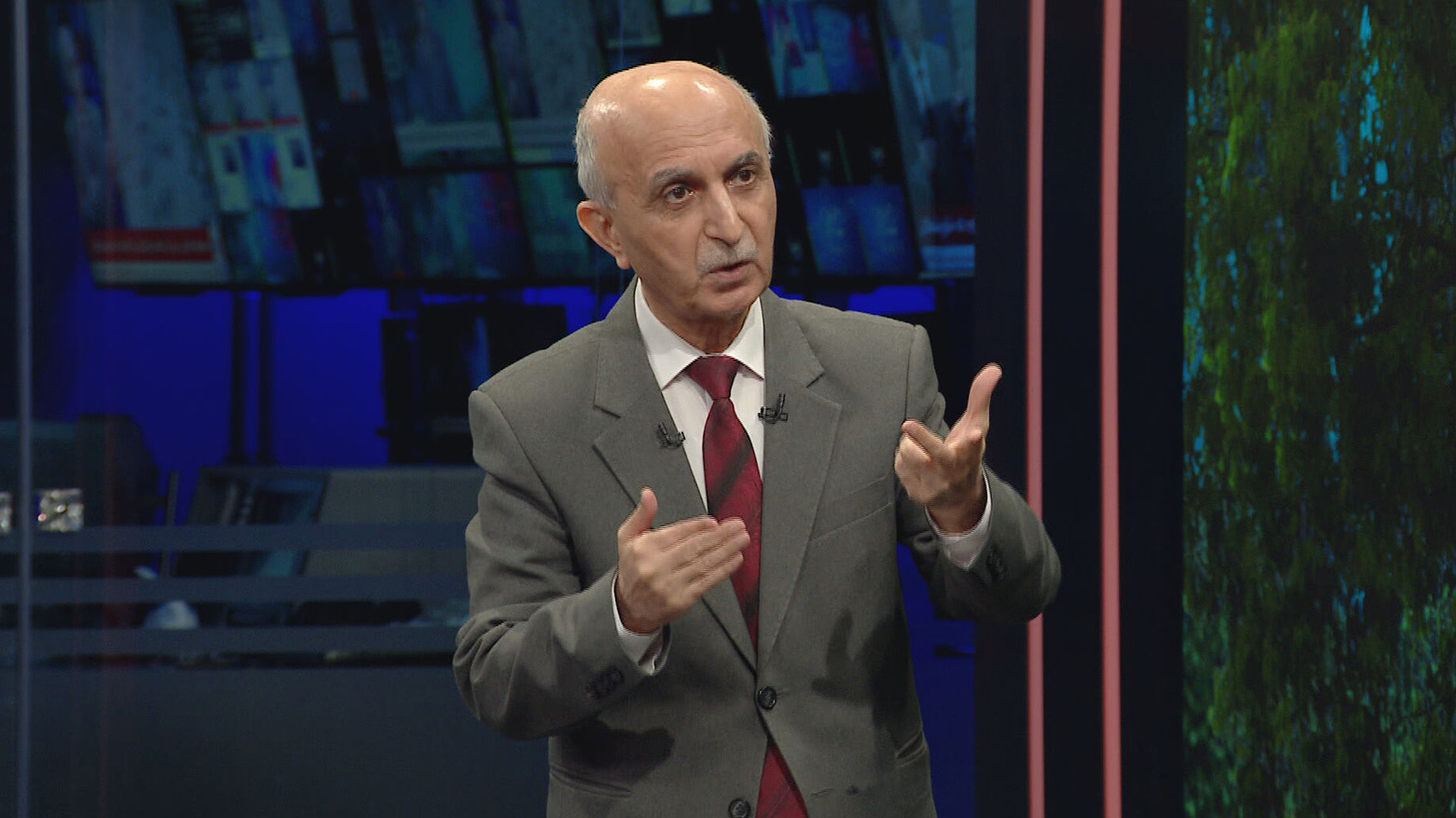KRG Environmental Advisor: Erbil Green Belt to Revive Economy and Strengthen Community
Sdiq noted that, "The green belt project has an environmental dimension. Increasing the amount of greenery will stabilize the soil, reduce dust, and increase oxygen emissions."

ERBIL (Kurdistan24) – The newly launched Erbil Green Belt Project is far more than an environmental campaign; it is a transformative initiative with profound religious, economic, social, and psychological dimensions, according to a senior Kurdistan Regional Government (KRG) advisor.
In an interview with Kurdistan24 on Thursday, Abdulrahman Sdiq, an environmental advisor in the KRG Council of Ministers, provided a comprehensive vision for the project, which aims to plant seven million trees around the capital.
Sdiq noted that, "The green belt project has an environmental dimension. Increasing the amount of greenery will stabilize the soil, reduce dust, and increase oxygen emissions."
The advisor also detailed the significant economic benefits expected from the large-scale initiative. He directly linked environmental work to market revival and job creation, asserting, "With millions of trees planted, it will undoubtedly revive the market and create jobs."
Beyond the economy and environment, Sdiq placed a strong emphasis on the project's capacity to strengthen the community. He framed it as a key investment in the region's social fabric.
"This is not just a green project; it also enhances social relations," Sdiq explained. "There will be green spaces where people can gather and connect."
He concluded that, by creating job opportunities, strengthening social bonds, and providing psychological benefits like peace of mind, the Erbil Green Belt Project fundamentally "promotes goodness" for all citizens.
The project was officially inaugurated on Thursday by Kurdistan Region Prime Minister Masrour Barzani, who planted the first tree, marking the start of one of the region's largest environmental and economic initiatives.
In contrast to the Kurdistan Region, Iraq suffers from a lack of greenery. According to Iraqi environmental organizations, the green coverage rate in Baghdad has plummeted to just 4.5%. This figure sharply contrasts with the 20% green cover reported in the Kurdistan Region.
Read More: Contrasting Outcomes in Urban Forestry: Baghdad and Erbil's Approaches